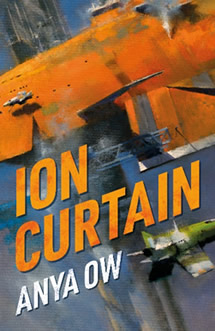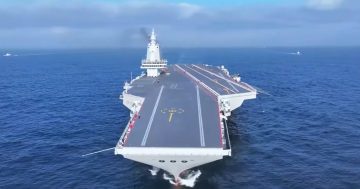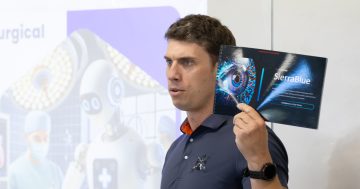Reviewed by Robert Goodman.
By Anya Ow, Rebellion, $22.25.
 If there is one thing you have to give Singaporean Australian author Anya Ow for her new space opera it is the pun in the title. Ion Curtain delivers a future universe in which there is still tension between a powerful Russian Federation and the rest of humanity. Into this mix Ow throws in space pirates (corsairs) and a complicating factor that has the capacity to upend the precarious relationship between the two sides and then watches as the pieces fall.
If there is one thing you have to give Singaporean Australian author Anya Ow for her new space opera it is the pun in the title. Ion Curtain delivers a future universe in which there is still tension between a powerful Russian Federation and the rest of humanity. Into this mix Ow throws in space pirates (corsairs) and a complicating factor that has the capacity to upend the precarious relationship between the two sides and then watches as the pieces fall.
When the book opens readers learn a bunch of stuff. The Russians have developed technology that allow their space ships to “Gate” to any point in space rather than using specifically built stations. They can do this because they have also invented artificial intelligences to run their ships and they have achieved this by mapping the brains of human beings, in this case the daughter of the inventor of the technology. Commander Victor Kulagin has been sent to find out what destroyed one of their other AI-controlled ships. But he is beaten to the punch by a crew of Corsairs, led by a man called Solitaire Yeung, who have boarded the destroyed ship for salvage and liberated its core artificial intelligence without actually knowing what it is. When Kulagin and his crew arrive at the dead ship they are attacked by another ship of their own and soon learn there is a fleet of rogue ships run solely by their AIs (these ones based on different, more military minds) who are out to destroy the peace and possibly humanity. At the same time Kasparov, a highly ranked Russian strategist, reveals that he knows his aide Kalina is a UN spy but that he needs her to help him solve the mystery of the rogue ships.
Once all of these pieces are in place Ow spins them around and against each other. Kulagin pursues Solitaire, Kalina investigates who is helping the AIs, Kasparov plays politics and slowly as the true nature of the threat emerges the characters find themselves in unimagined alliances. Meanwhile the existential threat of the rogue ships grows but the long held animosity on both sides will make it difficult for humanity to come together to fight back.
Ion Curtain derives plenty of its world building from previous space operas but still manages to feel new and original. There are AIs (of course), faster than light travel and rare elements needed to power it (star seeds), shields and space stations. Ow delivers plenty of exposition but for the most part avoids huge dumps of information, leaving the explanation to character beats and action. Current real world events throw a slightly different shade onto the action and it may be hard for readers to root for a Russian main character no matter how much he bucks against the system that he is in.
This is the first book in a series but Ow does not leave the narrative on any particular cliffhanger. Rather she just leaves a slew of unresolved plot threads hanging and various characters off stage ready to tackle what happens next. But she has set up a seemingly impossible situation for humanity and she can rely on the fact that readers are likely to be intrigued to see how her motley group of main characters find a way out of this predicament in the next volume or two.
Over 800 more reviews can be found on Pile by the Bed.











